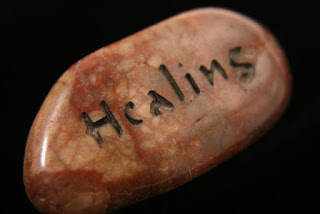It’s not uncommon for people to have a double standard when it comes to traditional and alternative healing practices. With regular medicine we demand efficacy. We’re not going to do something that isn’t going to work and we want to know that it works up front before we engage with it. When it comes to alternatives we seem to suspend disbelief and assume a “one size fits all” approach, meaning that if it’s a healing technique or modality it will heal anything and/or everything. Of course, no remedy is meant to heal everything across the board. We’re far too complex as creatures for that to ever make sense.
Dr. Larry Dossey, in his book “Healing Words: The Power of Prayer and the Practice of Medicine” lays this out beautifully:
“According to healers who routinely employ prayer, it is more effective for some problems than others. This should not be surprising. Penicillin is a miracle drug for strep throat, but is worthless for tuberculosis. If the effectiveness of penicillin were judged by applying it to all known infections, it would likely be effective far less than 20 percent of the time. But this would be an unfair assessment of penicillin. Therapies should be judged according to their effects in conditions in which they work, and prayer is no exception.”
Dr. Dossey provides a quick guide for critically thinking about whether prayer is working in a particular situation, however these questions work for any and all healing modalities:
*Was the patient’s improvement a result of the prayer, or was it a chance correlation and a mere coincidence?
*If prayer actually caused the improvement, how did it do so?
*How reliable is prayer?
*If prayer does work, is it potent enough to be used alone, or should it be combined with orthodox therapies such as drugs or surgery? Or do these interfere with the action of prayer?
*Are some prayer strategies better than others? Is there a “best”way to pray?
*How about the skills of the people who pray? Does a spectrum of talent exist? Can prayer ability be acquired or is it innate?
*What conditions facilitate the effects of prayer, and which retard them?
*Is the effect of prayer always positive, or can it hurt as well as help?
When it comes to health, it’s worth removing the double standard. Asking these questions of any treatment, alternative or traditional, can help us co-create our trajectory towards wellness.

